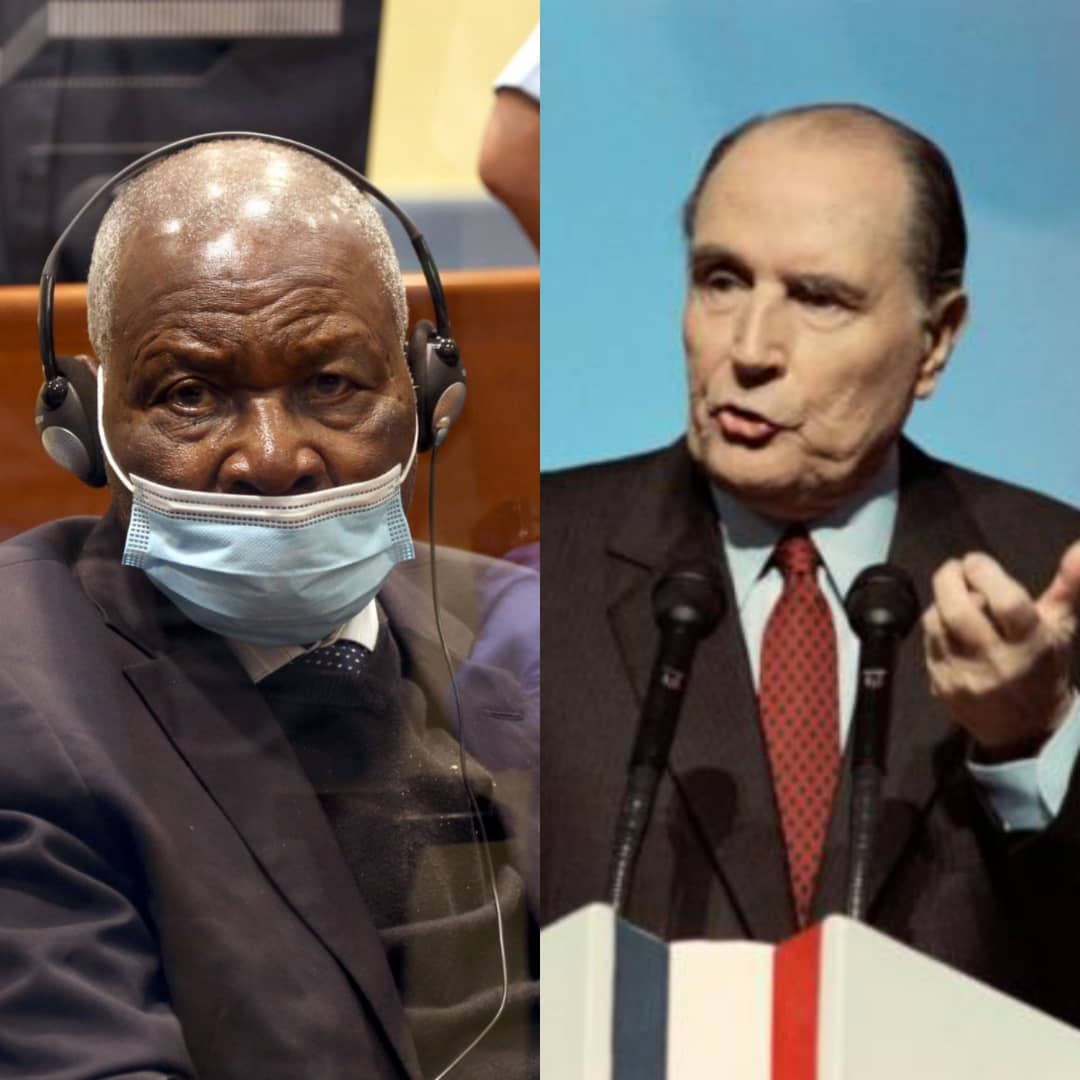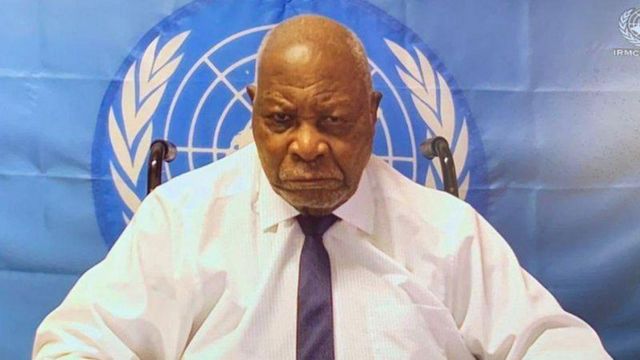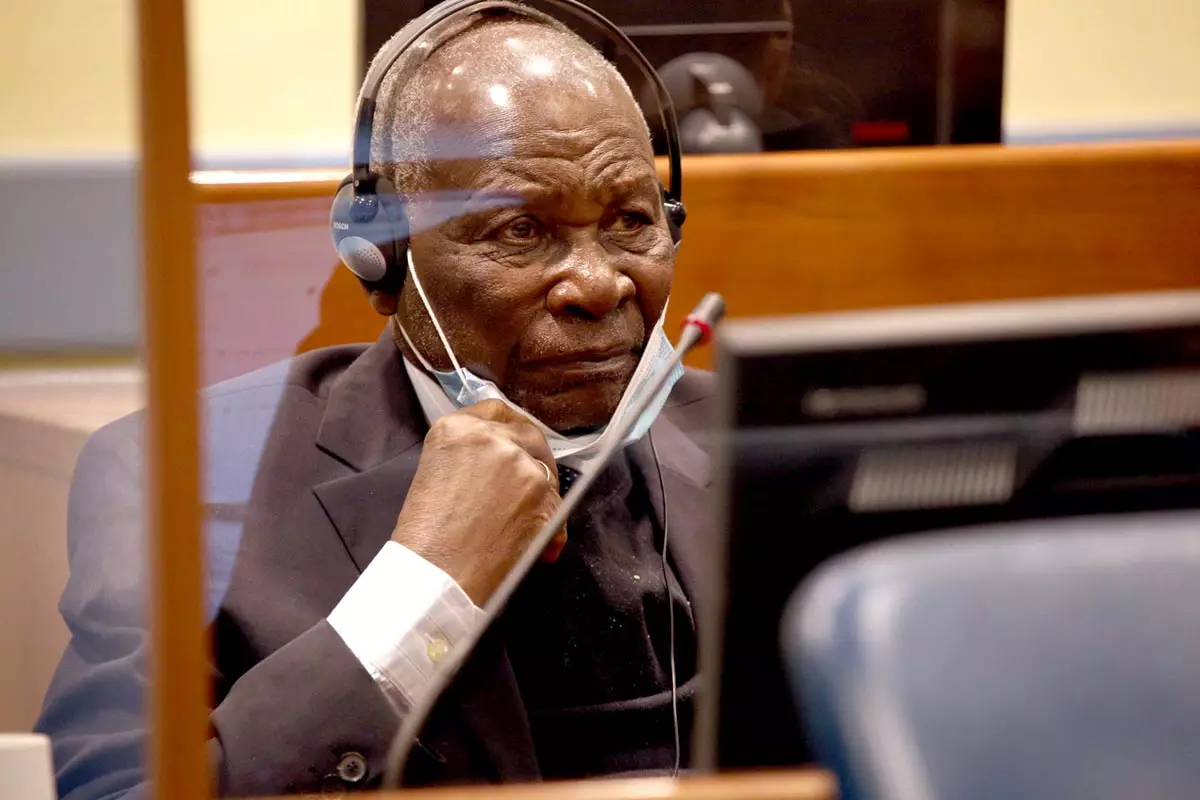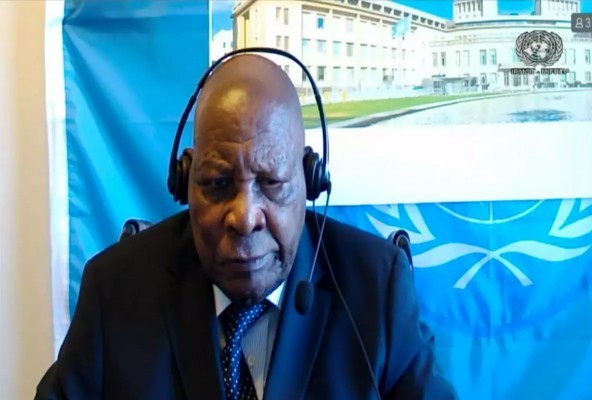International
Kabuga case confirmed Mitterand’s statement; genocide not important in Africa

When
the 1994 Genocide against the Tutsi started, France made no secret where its
loyalties lay. The French military flew in ammunition for the genocidal government's
armed forces and in the following weeks, a stream of extremist Hutu officials
travelled to Paris, including Jean-Bosco Barayagwiza, for meetings with
President François Mitterrand and the French Premier.
Barayagwiza,
a founding member of the extremist CDR party and hate radio, RTLM, was Director
of Political Affairs in the Ministry of Foreign Affairs in the genocidal
government. He was convicted of genocide crimes and died in 2010 in Benin where
he was serving 27 years in jail.
Even
as the mass graves filled across Rwanda, Paris engineered the delivery of
millions of dollars' worth of weapons to the genocidal regime from Egypt and
South Africa.
During
the genocide, the ‘Africa cell’ was headed by Mitterrand's son,
Jean-Christophe, a close friend of then President Juvénal Habyarimana’s family.
He later said that there could not have been a genocide because "Africans
are not that organized".
Mitterrand
did not deny what had happened, but took a view no less racist: "In such
countries, genocide is not too important."
Racism
and white supremacy are what occupied the French president’s thoughts by the
time. This ideology is not only found in France’s foreign policy but also in
the agenda of many Western countries like the United States, Belgium, The
Netherlands, Germany, Denmark, Canada, United Kingdom, Australia, and Sweden
among others.
Westerners
prioritize the Holocaust but minimize the Genocide against the Tutsi, just
because the latter was committed against Africans.
On
many occasions, politicians from the Global North hesitated to acknowledge the
proper term and documented numbers of victims such as the 1994 Genocide against
the Tutsi which claimed the lives of more than one million Tutsi people. They
instead call it: “Rwandan genocide which claimed the lives of more than 800,000
people”.
It
took 24 years for the United Nations, operating under the influence of ‘super
powers’, to recognize the 1994 Genocide against the Tutsi. Before 2018, the UN
referred to it as the 1994 Genocide in Rwanda.
The
same Global North countries are the safe haven for Rwandan genocide fugitives,
roaming freely in their capital cities despite arrest warrants issued by
Rwanda’s prosecution.
It
looks like partial trials favoring genocide suspects and negligence in deporting
genocide fugitives to Rwanda are what make those Westerners feel superior.
Westerners
aim at sponsoring impunity over arresting and punishing genocidaires. The manner
in which the case of genocide suspect Félicien Kabuga was handled speaks volumes.
Related: Rwanda: Genocide suspect Kabuga to be released; what if
he had been a Nazi?
Kabuga
was a businessman before and during the 1994 Genocide against the Tutsi in
Rwanda. Nicknamed ‘genocide financier’ for he provided substantial support to
the genocide machine in terms of finance, logistics and moral support, Kabuga
had been on the run for nearly three decades.
The Appeals Chamber of the International Residual
Mechanism for Criminal Tribunals ruled that Kabuga is “unfit to stand
trial” due to what is considered to be his deteriorating
health.
Survivors
of the 1994 genocide against the Tutsi were shocked that the main genocide
financer will not be held responsible for the crimes of genocide.
There is no doubt that this decision was politically motivated.
It confirmed Mitterand’s statement, that genocide is not
important in Africa.







